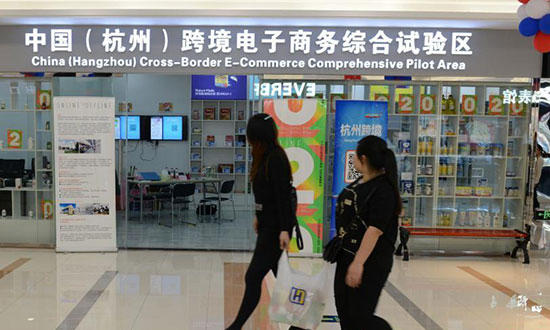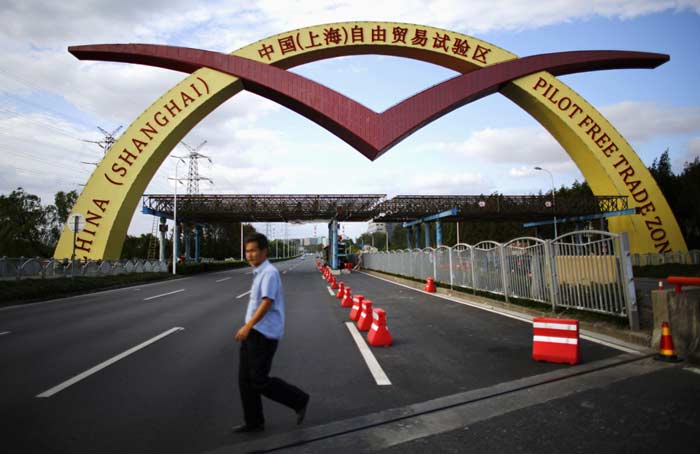
China has announced another 24 cities as pilot zones for cross-border e-commerce to boost exports in December 2019 according to a statement released by the State Council.
China had previously designated a total of 35 cities for cross-border e-commerce. The new additions will extend the pilot program to most of China’s largest cities. Companies in these pilot cities could enjoy benefits such as tax rebates and government support to set up e-commerce platforms and international logistic services.
In 2018, China’s cross-border e-commerce transactions grew by 52.3% to 134.7 billion yuan ($19.3 billion), according to data from China’s customs administration. The growth in the first eleven months of 2019 reached 25% YoY.
It is agreed to set up comprehensive pilot areas in 24 cities including Shijiazhuang, Taiyuan, Chifeng, Fushun, Hunchun, Suifenhe, Xuzhou, Nantong, Wenzhou, Shaoxing, Wuhu, Fuzhou, Quanzhou, Ganzhou, Jinan, Yantai, Luoyang, Huangshi, Yueyang, Shantou, Foshan, Luzhou, Haidong, Yinchuan.
13 comprehensive experimental zones are newly established in the central and western regions and northeast China.
Users between 18 y-o and 34 y-o represent the majority (76.8%) of China’s cross-border online shoppers. Female account for over 58% of total users. China’s cross-border e-commerce users overview »
Relaxed forex management in FTZs

China has eased administrative approvals regarding foreign exchange (forex) management within its pilot free trade zones (FTZs) on a trial basis amid efforts to further facilitate investment and trade according to Xinhua News.
Four administrative approval items have been canceled, covering issues including forex market access and the registration of import and export entities, according to the State Administration of Foreign Exchange (SAFE).
By easing the administrative procedures, SAFE expects to effectively improve approval efficiency and lower costs for market entities.
More efforts will be made to implement the reform on streamlining administration, delegating powers, and improving regulations and services, as well as the reform on separating business licenses from administrative permits, SAFE said.
SAFE will review the progress of the pilot program and improve forex management policies and measures accordingly, so as to further boost the liberalization and facilitation of trade and investment.
Mobile shopping users and top e-commerce apps in China in Q3 2019